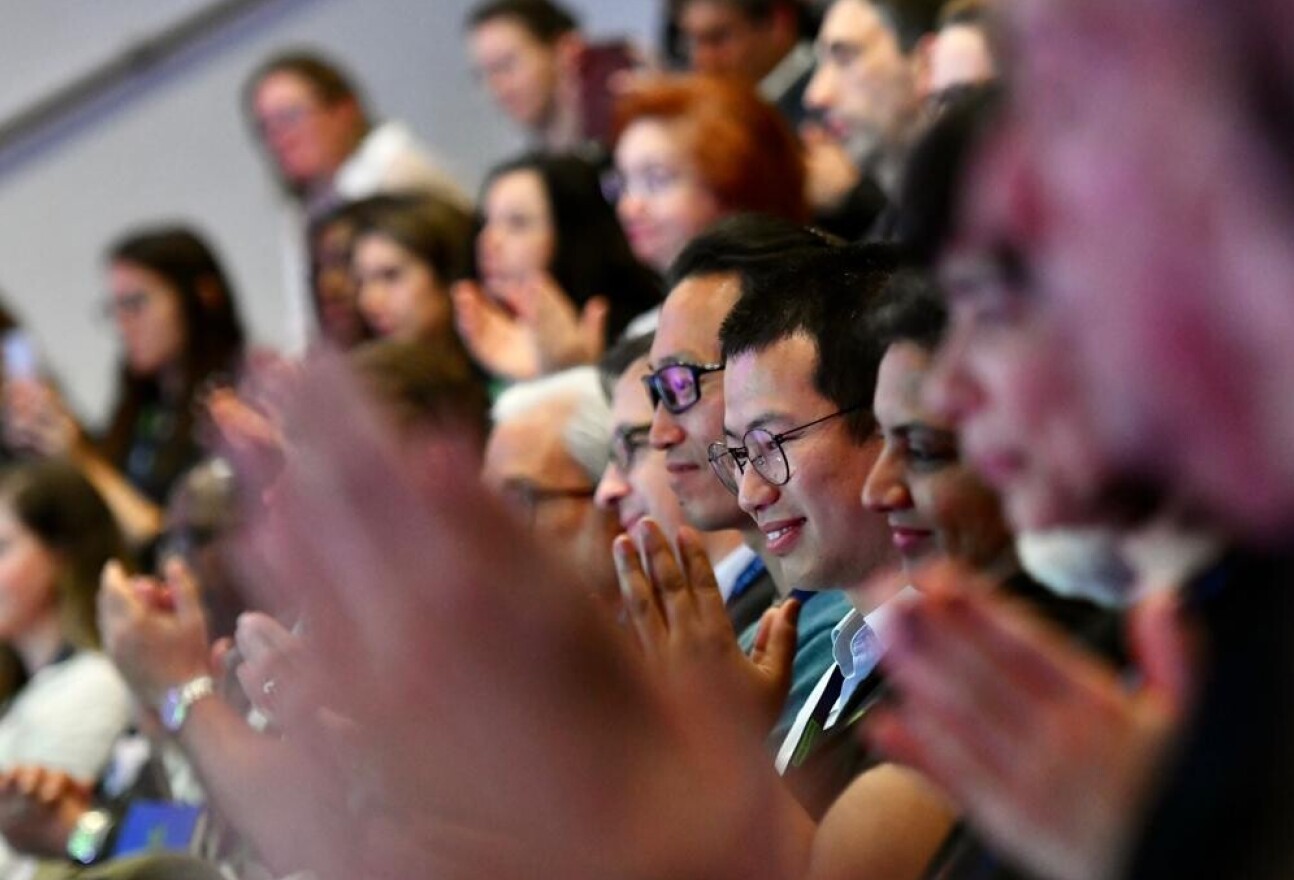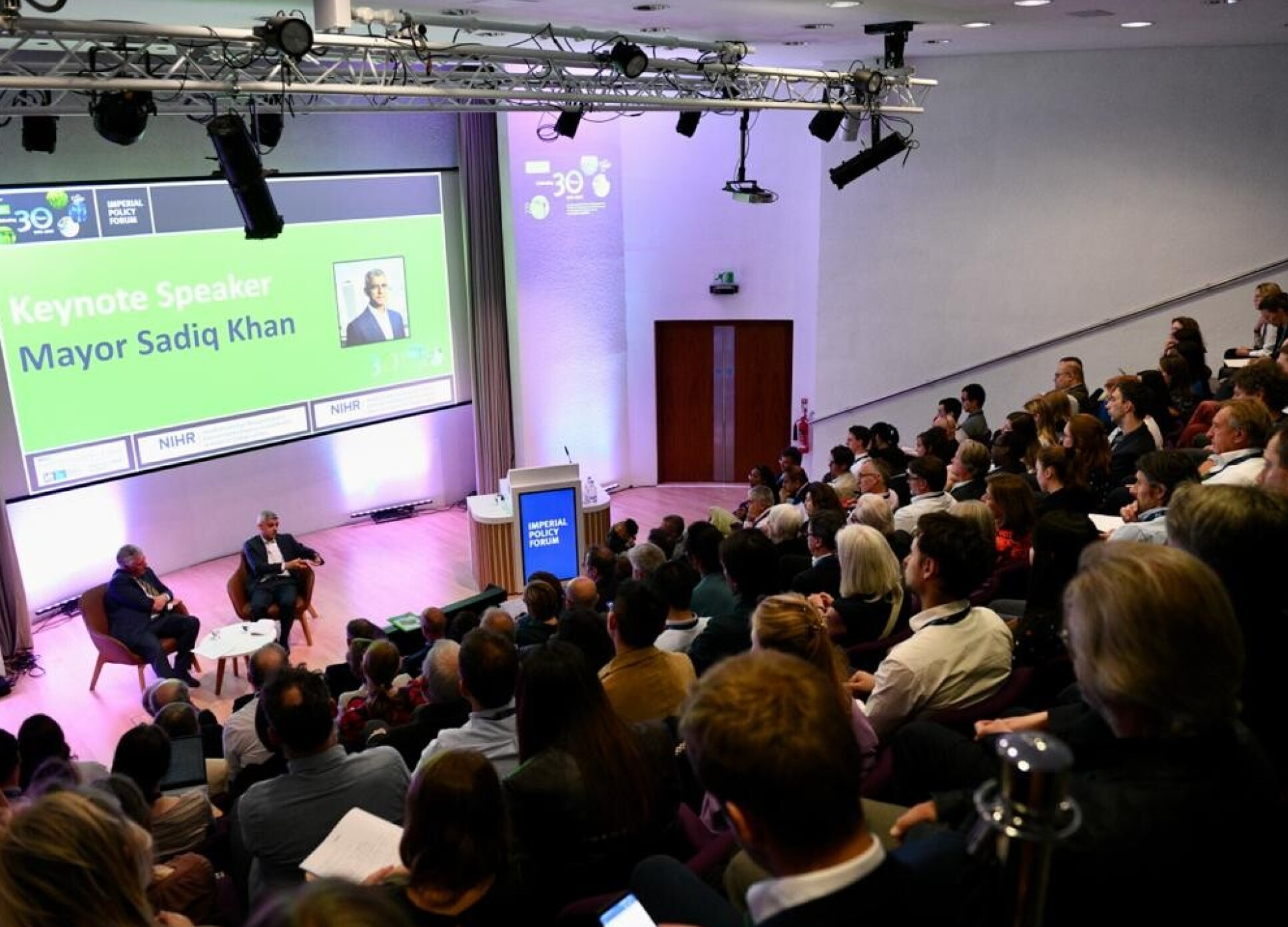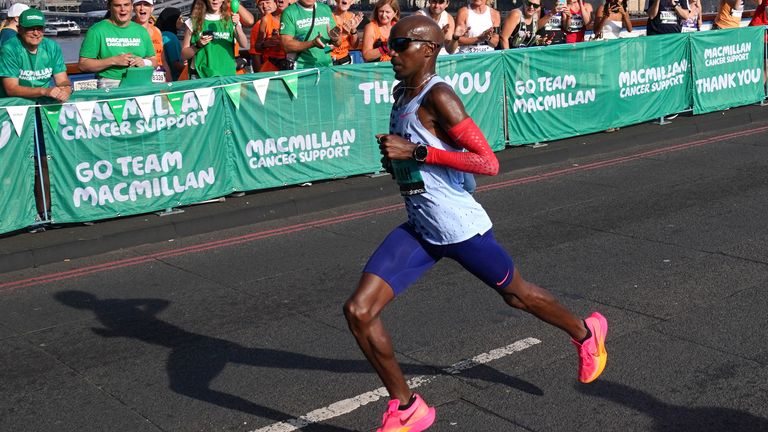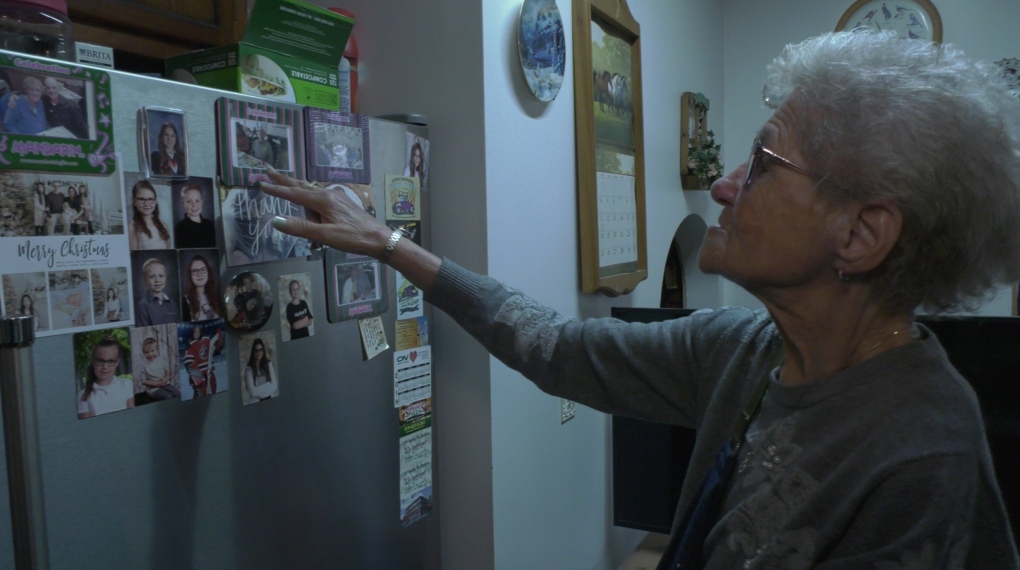
To celebrate their 30th anniversary, the Environmental Research Group held a symposium discussing how their pollution research has evolved over time.
The two-day event, supported by the Imperial Policy Forum and hosted at the Royal College of Physicians, celebrated the Environmental Research Group’s (ERG) work on air pollution research, showcasing the major advancements that have been made in measuring and understanding air quality data.
Professor Frank Kelly, Director of the ERG, opened the symposium by describing how awareness of the importance air quality has increased over the past three decades.
He said: “The ERG has grown from a humble beginning to now a very large team, reflecting the growing scale of environmental pollution over time.”
Improving air quality
 The expansion of the team’s London Air Quality Monitoring Network, the largest regulatory network in Europe is a key part of the ERG’s work to raise awareness of air quality. The network gives free data about air quality to the public and all those interested. Its close work with the Greater London Authority and a succession of London Mayors has made London a global leader in tracking air quality and their work has informed significant policy interventions, including the congestion charge and the Ultra Low Emission Zone.
The expansion of the team’s London Air Quality Monitoring Network, the largest regulatory network in Europe is a key part of the ERG’s work to raise awareness of air quality. The network gives free data about air quality to the public and all those interested. Its close work with the Greater London Authority and a succession of London Mayors has made London a global leader in tracking air quality and their work has informed significant policy interventions, including the congestion charge and the Ultra Low Emission Zone.
Speaking at the event, Dr Maria Neira, Director of Public Health at the World Health Organisation, said that globally there were 7 million premature deaths every year due to poor air quality and that concerted international action was needed to better address this. She praised the actions of some Mayors and welcomed that COP28 would, for the first time, have a day on climate and health – recognising that air quality was no longer being seen as just an environmental issue, but an important health issue as well.
Evidence-based policy
The Mayor of London, Sadiq Khan, delivered the keynote speech for the event. Paying tribute to the ERG’s ground-breaking research and achievements in its 30 years, he noted the contribution the group has made to understanding the risks of air pollution and protecting public health.
Speaking at the event, he said: “I’m proud that London is home to some of the finest scientific minds and institutions on the planet. Institutions like Imperial College London.”
He also said that the public discussion around science has changed, noting: “I believe that an anti-scientific mindset – one hostile to facts and reason – has been allowed to seep into our political culture and public debates… This is a corrosive and dangerous trend that puts dogma ahead of data and ideology above evidence.”
“I’m convinced that one of the best ways to restore trust is not by turning our back on evidence-based public policy, but by reaffirming our commitment to it… That’s why we must now mount the strongest possible defence of science. Science should be and must be beyond party politics – with facts forming the basis for political consensus and evidence forming the foundations of public policy.”

Future pollution threats
The Symposium agenda provided a broader look at the different areas of pollution and their impact across environmental justice, behaviour change and human health. Experts from a range of instiutions including Imperial, UCL, the UK Centre for Ecology & Hydrology and Helmoholtz University Munich provided the audience with the latest data and proposals for tackling the challenges ahead.
Dr Leon Barron spoke to the growing understanding of chemicals in the water cycle, caused by industrial and agricultural waste, and Dr Stephanie Wright described how the prevalence of microplastics in the air and water has potential implications for human health.
Looking forwards, Professor Kelly described indoor air pollution, particularly in urban environments, as a huge challenge, exacerbating asthma and other respiratory conditions. The impacts of the changing climate on our air and water would also continue to pose huge challenges to researchers and policymakers in the decades to come.
Closing the event, Professor Kelly said: “As we look forward there are more emerging issues to tackle – from increasing ozone air pollution, to microplastics and water pollution. We will also need to take new approaches in our research – like in our WellHome study – where we are working closely with the communities most affected by pollution, who know the problem best and can help us better understand the challenges they are facing. Through all of this work, my world-class team will keep building the evidence needed to encourage change to reduce pollution and improve our health.”
Celebrating the ERG
The Symposium is part of a series of events being held to mark the ERG’s 30th anniversary. Earlier in the year, it has hosted seminars on Asthma Management & Air Quality, One Health Monitoring of Emerging Hazards and Air Pollution and the Brain. Further seminars on the future of air quality measurement, bridging the gaps between environmental pollution and climate change research; and empowering communities to take charge for a breathable future.
https://www.imperial.ac.uk/news/245353/celebrating-30-years-world-leading-pollution-research




